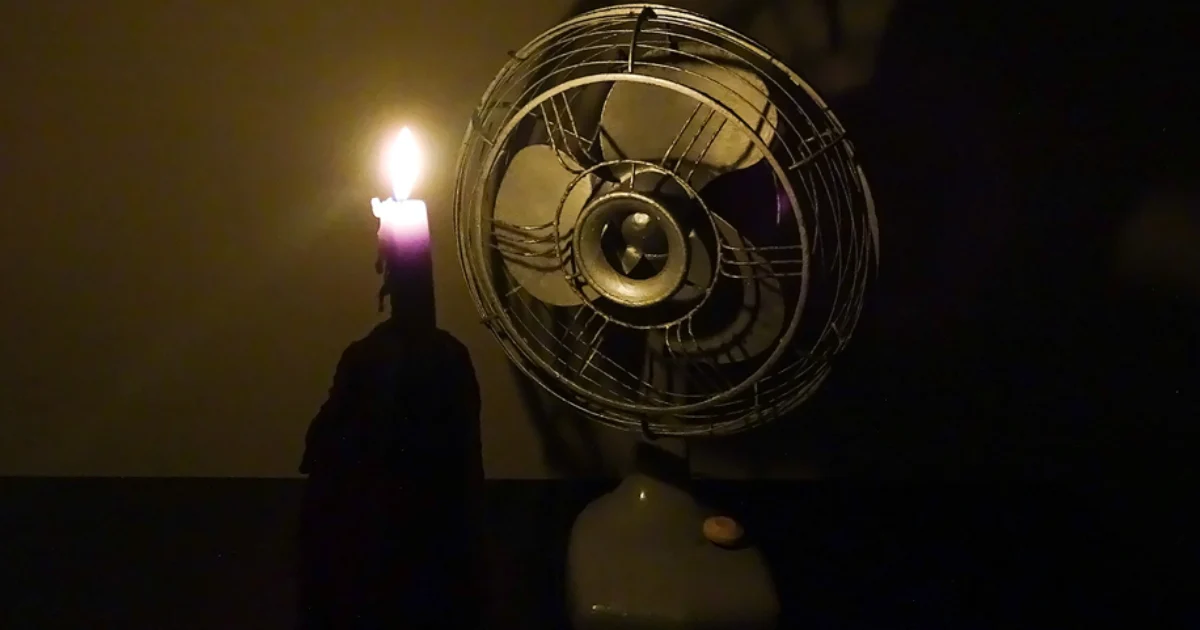
Related videos:
The energy deficit continues to cause prolonged blackouts in Cuba, and the situation is not expected to improve in the short term, even after the Guiteras thermoelectric plant successfully synchronized with the system this morning.
On Tuesday, the service was disrupted for 24 hours, extending into this morning. The maximum impact reached 1,708 MW at 6:20 PM. This high level was due to the delayed entry of unit 5 of the CTE Mariel before peak hours.
According to the report from Unión Eléctrica, this Wednesday at 7:00 am there was a generation deficit of 783 MW. By noon, it is expected to rise to 1,200 MW and during peak hours, a deficit of 1,530 MW is estimated, with an impact of up to 1,600 MW.
The situation has been exacerbated by incidents at several thermoelectric plants. Four units from the Mariel, Nuevitas, Renté, and Felton power plants are out of service.
Another four units from the Santa Cruz, Guiteras, Cienfuegos, and Renté plants are undergoing maintenance.
Additionally, there are thermal limitations of around 255 MW, and 49 distributed generation plants are out of service due to a lack of fuel, which represents an impact of 285 MW.
Frequently Asked Questions about the Energy Crisis in Cuba
What is the current energy deficit in Cuba and how does it affect the electricity supply?
The energy deficit in Cuba currently exceeds 1,600 MW, leading to prolonged and frequent blackouts across the country. This situation severely impacts the electricity supply, leaving a large portion of the population without access to electricity during peak hours.
What are the main causes of blackouts in Cuba?
Blackouts in Cuba are primarily caused by the outage of several thermoelectric units due to breakdowns and maintenance, as well as by the shortage of fuel affecting distributed generation plants. These limitations hinder the ability to adequately meet the country's electricity demand.
What impact do power outages have on the daily lives of Cubans?
Blackouts significantly impact the daily lives of Cubans, making essential activities such as preparing food and using appliances more difficult. The lack of electricity also affects the economy, generates frustration and social discontent, and jeopardizes the overall well-being of the population.
What measures has the Cuban government taken to address the energy crisis?
So far, the measures implemented by the Cuban government have been insufficient to resolve the energy crisis. Effective long-term solutions have not been established, and the population continues to suffer the effects of blackouts, leading to increasing discontent and protests in various regions of the country.
Filed under: